3 Economists + 1 Cow = Al Mokha
3 Economists + 1 Cow = Al Mokha
The Founder's Story: While I was a study-abroad student at Stockholm University I immersed myself in international development; and while serving in the U.S. Air Force I lived national security. Combining this background and armed with idealism and pragmatism, I stumbled upon Yemeni coffee by accident.
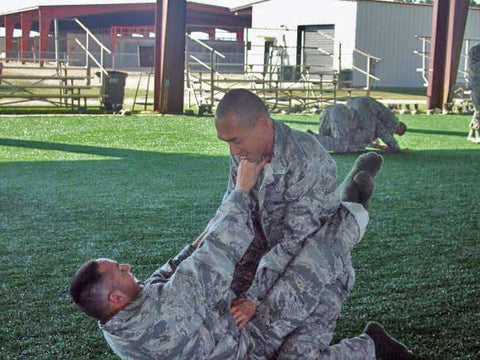
In 2007 my classmates and I almost bought a cow in Tanzania. We were Americans studying Public Policy in Sweden and had just finished reading The End of Poverty. The essential premise is if only governments spent more money on foreign aid, poverty could be cured in 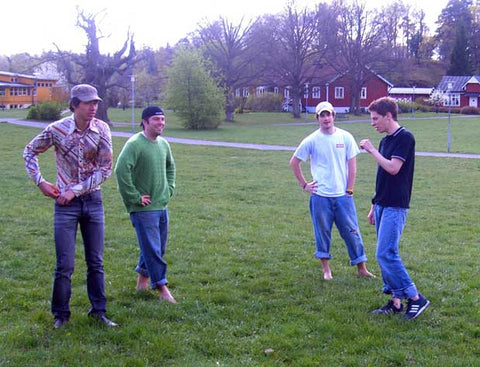 our day. This blew me away. And in typical American bravado, I said, "let's fund-raise". I put $100 in the pot and my classmates and professor another $730. Not bad—academic study meets a get-it-done attitude. We skipped the cow, however, and instead donated our cow-money to the Millennium Villages Project, the organization recommended in the book (that dealt in cows and other things). We felt pretty good for our accomplishment.
our day. This blew me away. And in typical American bravado, I said, "let's fund-raise". I put $100 in the pot and my classmates and professor another $730. Not bad—academic study meets a get-it-done attitude. We skipped the cow, however, and instead donated our cow-money to the Millennium Villages Project, the organization recommended in the book (that dealt in cows and other things). We felt pretty good for our accomplishment.
Two months later, however, my younger sister proved me wrong. She sent me a New York Times book review that had the following harsh words about Jeffrey Sachs, our cow-instigator: "There is indeed something faintly Victorian about Sachs's messianic yet parsimonious conviction that Africa can be saved with $75 billion a year in Western aid." Oh no. Bested by my sibling? Perhaps our $830 was Victorian cow patties. This was my first lesson in economics—it's darn complicated to predict cause and effect. Cow purchase good or bad?
Ever the idealist, I sought out a second economist. Voila, Paul Collier, author of The Bottom Billion. His solution? Aid dollars should not be given away as charity; instead, they must be invested to encourage good governance and discourage civil war. War is horrendous for economies. In this year alone, during Yemen's civil war, the economy has contracted 35%. Hmm, how can cows prevent war? I had an idea but duty called.
In 2010, I was a newly minted Air Force second lieutenant. I had just graduated Officer Training School 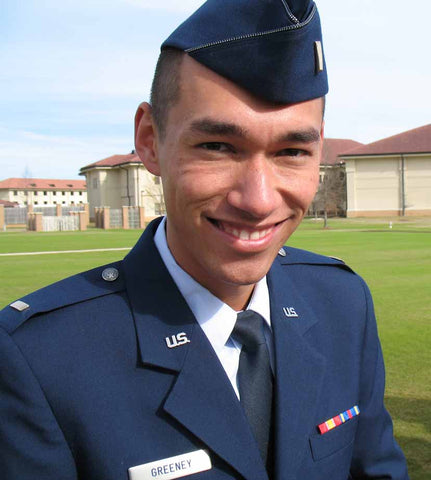
and was attending the Air and Space Basic Course in Montgomery, Alabama. During the day we split our time training both mind and body: we studied the role of air power in joint operations and we trained in combatives, learning the rear-naked choke and building our warrior ethos. The whole experience was both fascinating and frequently frustrating. The military was a world unto itself—especially for someone like me that preferred defying rather than complying with authority. Nevertheless, and like many before me, I adapted. And the military changed me. I'm a skeptic yet serving in the armed forces has a way of attenuating that. I wouldn't call myself a patriot but I do recognize that the U.S., as the most powerful country in the world, has thrust upon it, a certain responsibility. Indeed and obviously, the military is a required tool of foreign policy. Knowing this, however, didn't make it any easier to imagine going into combat (which I never did). But it did give added urgency to my war-preventing bovine.
The missing link I found in the work of a third economist, William Easterly, who I read once the training day was over. His argument was that predicting the future doesn't work. Solutions aren't implemented but rather they are discovered, like any pivoting and pirouetting entrepreneur will tell you. Correct, anti-war cows don't exit, but anti-war market opportunities that magnify the opportunity cost of war, always do. And whether you are economist #1, #2, or #3, there is agreement that jobs are good. The disagreement is how to create them.
I got out of the military and sent Collier an email asking if I could come visit him at Oxford University and help with his research. I didn't get an answer. I also emailed some folk in Yemen, to which I was told, Yes! Create jobs! We're sick of NGOs and their job training. We do it and then there's no work. So Al Mokha is about flipping that interaction. As a company, we skip the job training but create jobs. We will purchase your coffee at a fair price and will work with Yemeni agronomists, graphic designers, photographers, and videographers, providing not job training, but real, tangible jobs. We look forward to meeting you in the middle.
Also in Al Mokha Blog
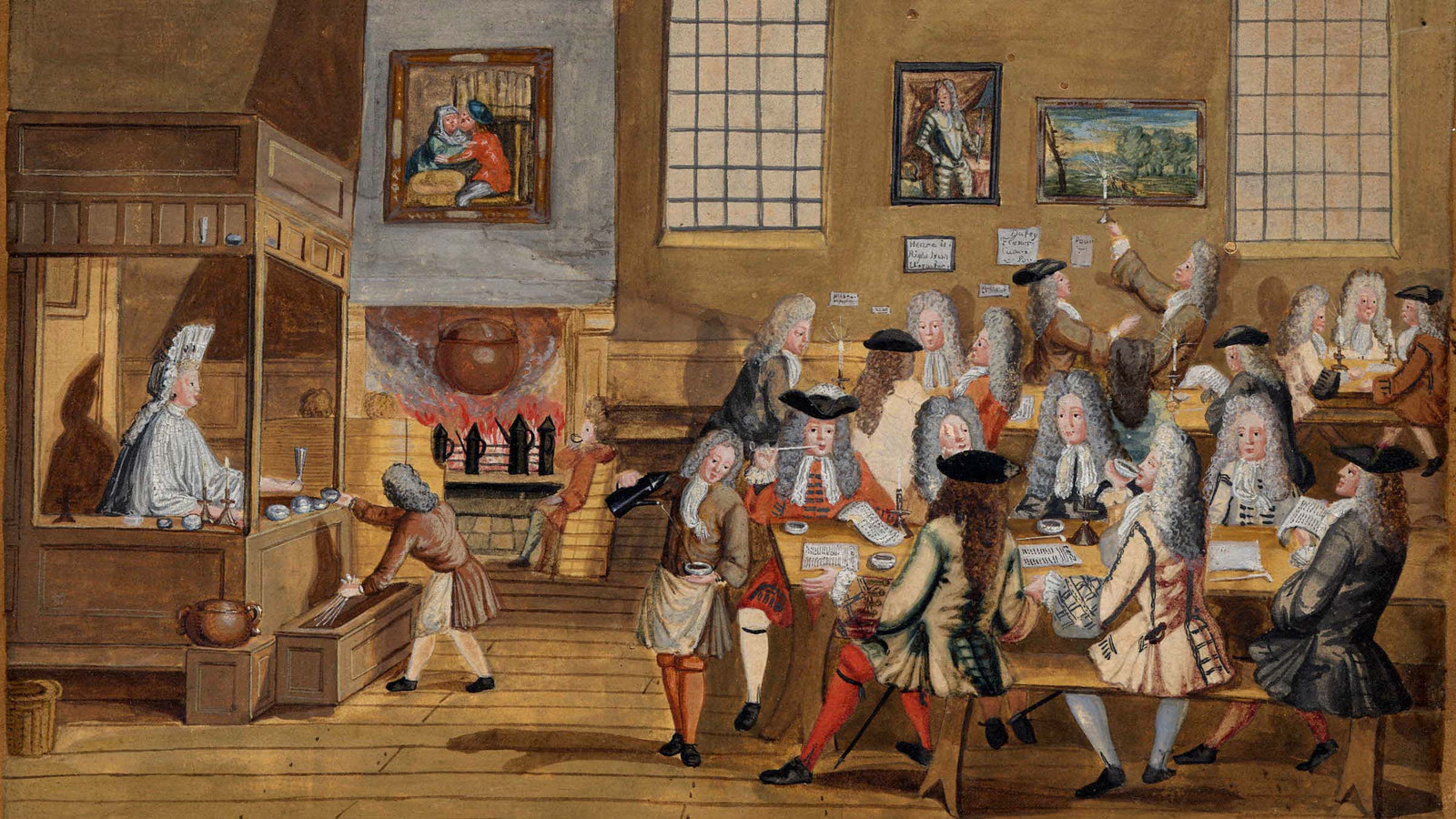
The Secret to the Best Possible Mocha-Java Blend
by Anda Greeney
If you’ve been hanging out with us at Al Mokha for some time, you know that "Mocha" or "Mokha" means coffee from Yemen. And you’ve heard the story before: coffee cultivation started in Yemen circa 1450 and shipped from the port city of Al Mokha; and that’s how place name became synonymous with product.
Similarly, if you scratch your head a moment, you may think, hmm…maybe "java" literally means coffee from the Indonesian island of Java. And you’d be right.
Not only that, but you would be putting your finger on the “world’s second coffee™”. In about 1699, the Dutch East India Company began cultivating and exporting coffee from Java. This new origin ended Yemen's 250-year monopoly.
So there you go, and it’s pretty obvious how you would end up with a blend. Take Mokha + Java—i.e. world’s first and second coffee—and voila, "Mocha-Java," the World’s First Blend™. This is hardly a complex mathematical equation.
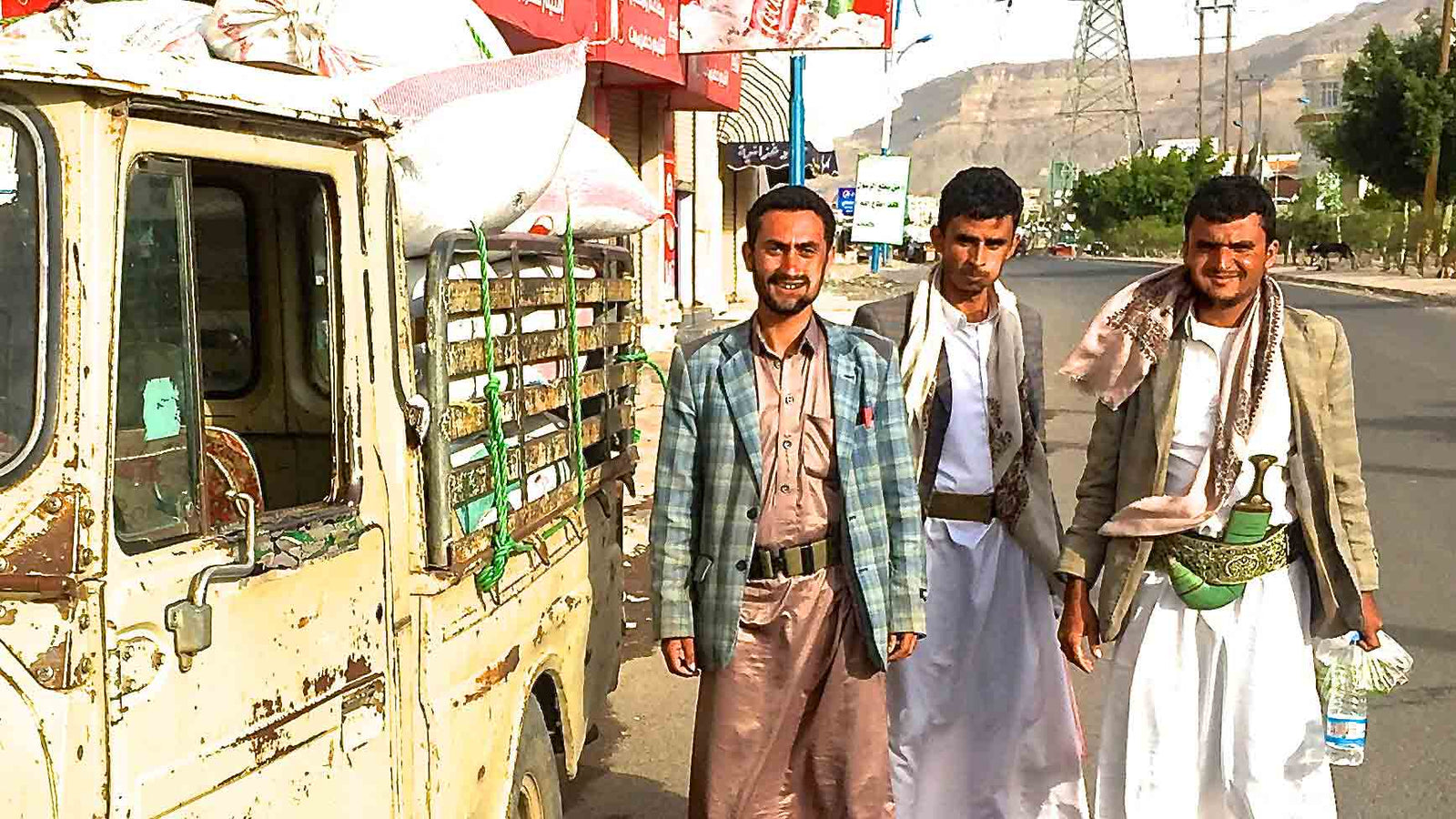
Is a $1 Billion Coffee Sector in Yemen a Good Idea?
by Erin Fletcher
In my last post, I talked about numbers, about progress and about impact we could measure at Al Mokha. Economists tend to get wrapped up in numbers. This group of people is richer, you might say, and an economist wants to know, okay, but how do measure “rich”? Is it how much money or how many assets they have; is it how much they earn? How do you get a representative sample to answer your questions? How do you know that someone’s observable (or unobservable) characteristics aren’t influencing the way they perceive the question?
Economists have largely settled these questions. With a little effort, you could get to a point where you could measure “rich” satisfactorily, where you could answer the question of who is richest.
But some questions are simply unanswerable within the paradigm of statistical causality. Some of those questions are ones that Al Mokha wants to answer.
For instance, is coffee the best answer to Yemen’s woes?
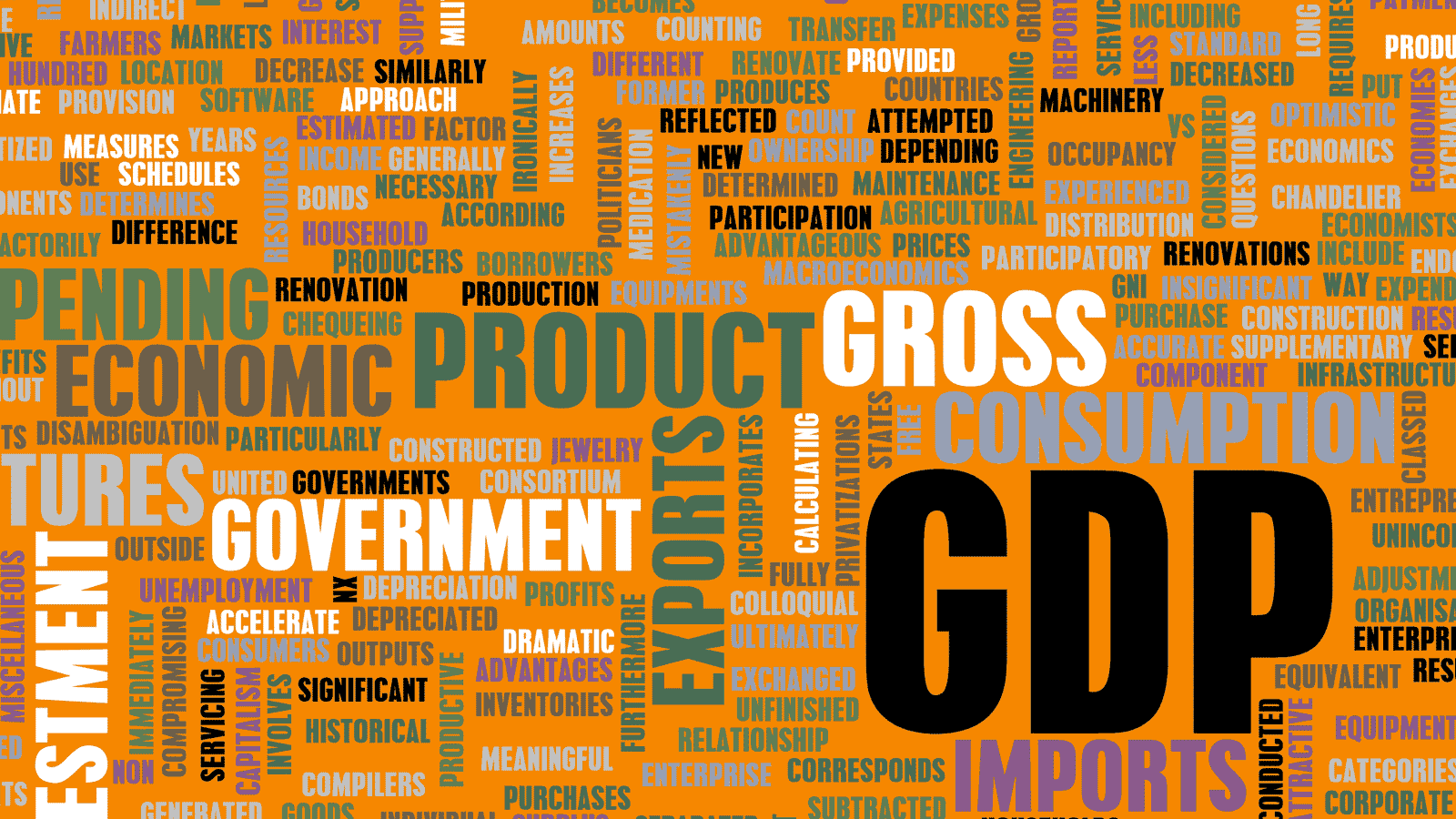
Yemen's $1 billion Coffee Opportunity
by Erin Fletcher
As a development economist with interests that are a little outside the norm, I spend a lot of my day thinking about how to measure unmeasurable things. How prevalent is a certain belief? And how does it affect people’s behavior? Can one violent event, or experience, be objectively seen as worse or more violent than another? And if so, what determines that violence—scope, tenor, frequency? How do we fix it?
So, when Anda told me he wanted to start thinking more about impact and measurement at Al Mokha, I jumped up and down with glee. From the moment he and I first talked development and coffee in Cambridge almost a year ago, I’d been questioning, "cool, but how do you measure that?"


Anda Greeney
Author